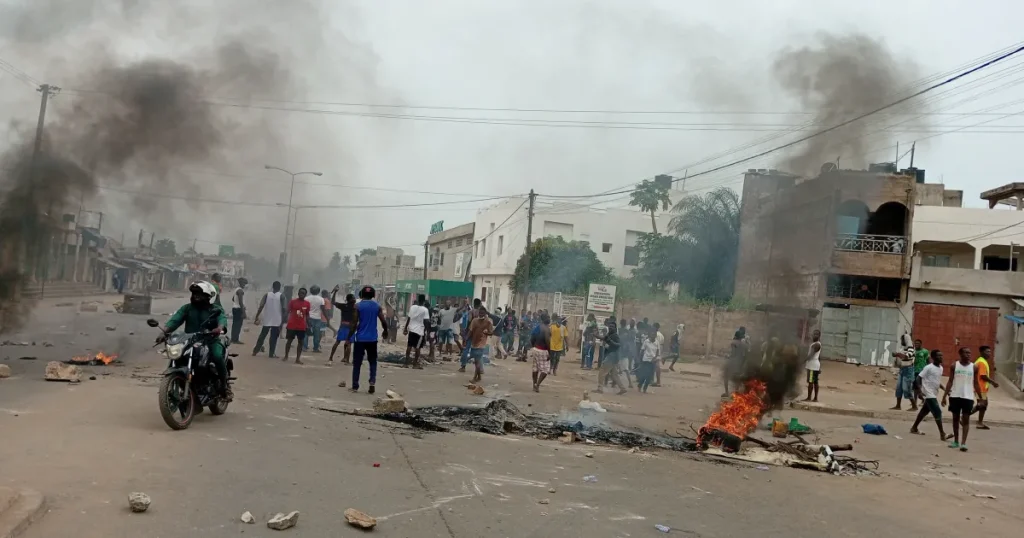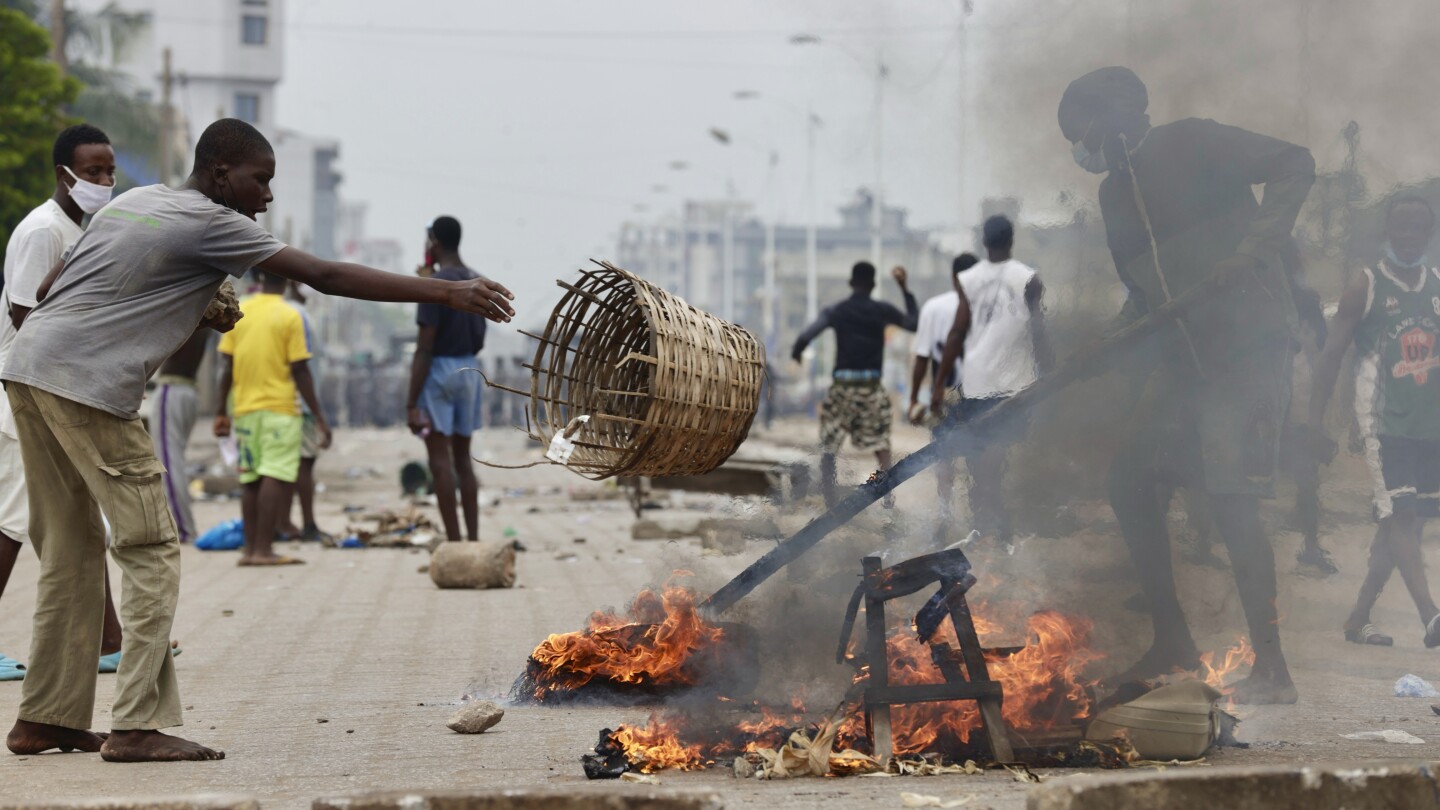For many young Togolese, President Faure Gnassingbé’s family has been in power their entire lives, but a growing wave of protests in the capital, Lomé, reflects a surging desire for change.
University student Elom, 23, voiced the widespread frustration, stating, “We are tired of this regime… We, the youth, have no hope left. We need a change at the top of the country.”
Faure Gnassingbé assumed power in 2005 after the death of his father, Eyadema, who had ruled for 38 years.
Gnassingbé’s government has intensified its crackdown on these rare demonstrations, with activists attributing several demonstrator deaths in the June unrest to police action.
Due to fear of arrest, the last names of interviewed individuals were withheld.
Economic Hardship Fuels Discontent
Widespread unemployment is rampant, pushing Togo’s predominantly young population to openly express their frustration.
Anie, 26, a demonstrator, highlighted the dire situation: “We, the youth, suffer in this country. We are hungry.” Official figures reveal that 60% of Togo’s 8 million people are under 25, and 43% live in poverty.
A March Afrobarometer survey indicated that over a third of Togolese are considering moving abroad due to dismal domestic prospects.
The June protests were initially triggered by the arrest and detention of popular rapper Aamron in a psychiatric hospital. Authorities had detained him in late May after he ironically called for a celebration of Gnassingbé’s birthday on Facebook.
Following his release, social media calls ignited the protests on June 5. Beyond the economy and government repression, demonstrators are also protesting soaring electricity prices and high unemployment rates.
Glawdys, a 55-year-old shopkeeper, noted, “Kids go to study but can’t find jobs,” and joined the protests to support the youth.
Many are also incensed by a 2024 constitutional reform that transitioned Togo from a presidential to a parliamentary system, which critics view as a power grab by Gnassingbé to consolidate control.
Daniel, a 29-year-old motorcycle taxi driver, lamented, “Public administration is rotten with embezzlement and mismanagement.”

Credit: Al Jazeera
The government, however, has dismissed the marches as “attempts at destabilisation,” with Territorial Administration Minister Colonel Hodabalo Awate warning that “inviting people to engage in gratuitous violence is terrorism.”
Calls for Continued Protests Amid Crackdown
Civil society groups reported seven fatalities during a second wave of protests in late June, blaming police. Demonstrators later announced an investigation into five deaths, including four by drowning, with victims aged 15 to 25 found near protest sites.
Undeterred, prominent bloggers and artists leading the movement have called for new anti-government demonstrations during this week’s municipal elections. Yannick, a 36-year-old chauffeur, affirmed, “I’ll be back in the streets on July 16 and 17—the fight continues.”
Critics living abroad, such as investigative journalist Ferdinand Ayite, have also supported the protests, prompting the government to issue international arrest warrants for its exiled critics, with Security Minister Colonel Calixte Madjoulba vowing, “Wherever they live, we will go and get them.”
Political scientist Mohamed Madi Djabakate observes that, unlike previous generations, today’s youth reject alliances with traditional opposition parties.
“The insurrection is led by a generation that has not experienced the euphoria of multiparty politics in the 1990s and is now seeking to create its form of protest, with its codes, language, and modes of action,” he explained.
Despite government arguments from Technical Education Minister Isaac Tchiakpe about existing employment paths, the World Bank estimates Togo needs to create a million jobs by 2030 to accommodate its increasingly educated youth.


 Trending
Trending 